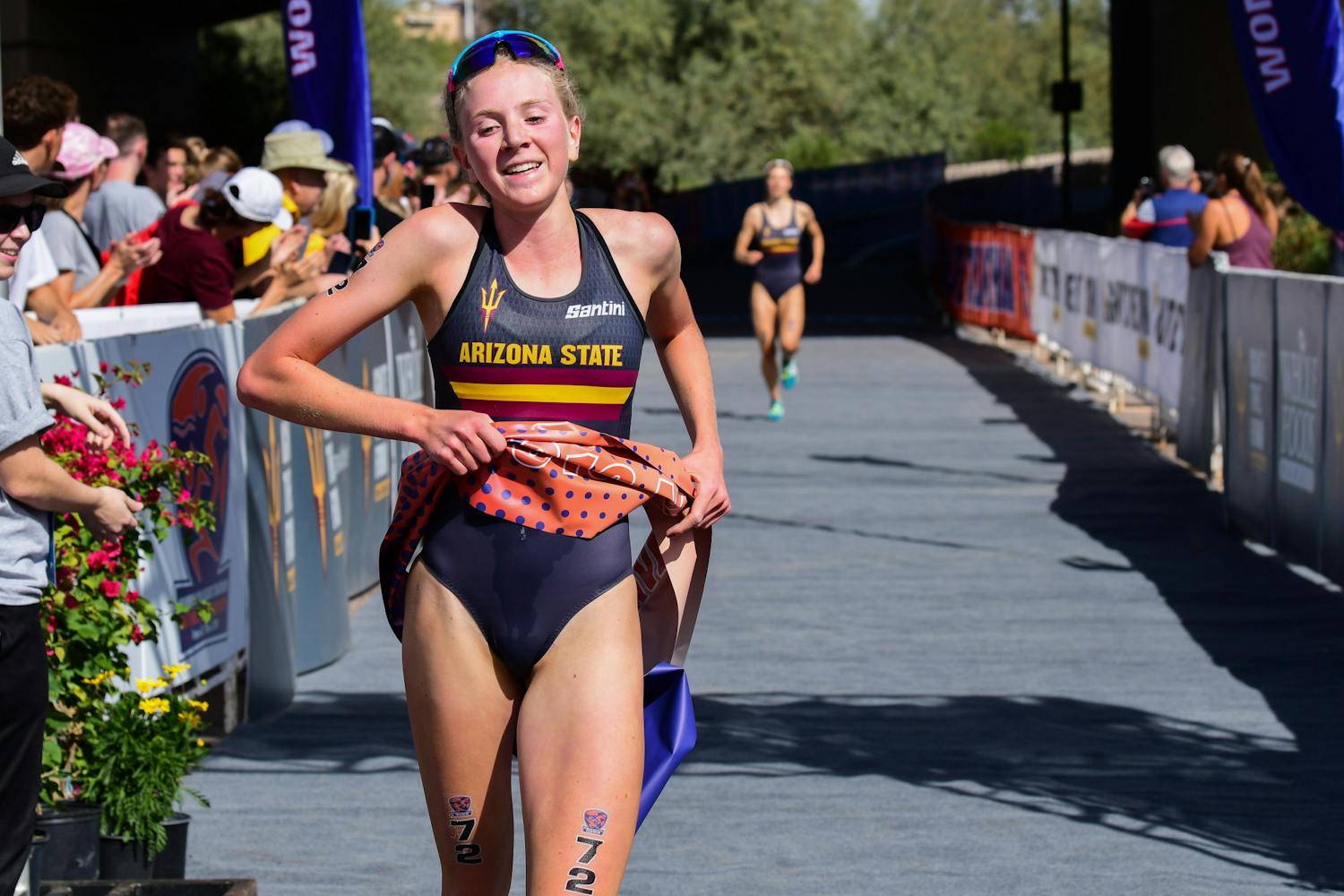A group of seven researchers, known for an outspoken skepticism of global warming, are under investigation by the federal government for possible failure to disclose the origins of the money funding their research. Among them is ASU professor Robert C. Balling Jr., a professor in the School of Geological Sciences and Urban Planning.
Balling said he was as surprised as anyone when he learned he was part of the inquiry.
“A colleague emailed me an article about Willie Soon (another professor named in the inquiry) with my name circled,” Balling said. “And I was just shocked.”
The inquiry comes from Rep. Raul Grijalva, D-Arizona, who is a ranking member of the Committee on Natural Resources.
A spokesman for the committee, Adam Sarvana, said the committee is not commenting on the inquiry so far, so they have not disclosed what they have learned. Sarvana said the committee would be happy to discuss the findings after the investigation concludes.
Balling said he does not oppose investigating researchers if there is evidence of wrongdoing.
“If any of the other researchers named in the investigation have done something wrong, I think that should be exposed,” Balling said. “What I am confused about is why I am included in the group, and why it’s happening now.”
Balling testified before the North Carolina Commission on Global Climate Change in 2006 and testified in front of the U.S. Congress around the same time. After 2008, Balling said he largely left the presentation circuit and has devoted his time to the graduate degree programs in the school.
“Since 2008, I haven’t given a speech or talked to a reporter; I decided to remove myself from all of that,” Balling said. “If this had happened in the 1990s, I would not have been surprised, because I was involved with speaking in front of so many organizations, and I participated in debates. Some of the times, you aren’t told who is the group sponsoring that event.”
Balling said he is not certain which portions of his research are included in the inquiry, but said even the privately sponsored research was vetted through peer reviews before it was ever published in any journals.
“I wrote a book for the United Nations,” Balling said. “Imagine the amount of scrutiny that had to go through to get published by an organization like the U.N.”
The inquiry questions whether the researchers named have gone through the appropriate channels to disclose the contributors to their research and potential conflicts of interest.
“I would never take money and not disclose that,” Balling said. “I would have to be crazy to do that, to jeopardize a professorship like that.”
Balling said it is important to know that money does not go directly to the researchers, it goes through the University that is receiving the money. He said he has gotten funding from many private corporations, but there would be no way for him to know the people who directly contributed to the money he receives. He said he has received money as payment for speeches and presentations given, but they have always been disclosed appropriately and through the correct channels.
Balling said he “would faint if they actually find something” in the inquiry, but that the perception of having been investigated tarnishes his image and will follow him through his life.
“I think even after this is over, there will still be my name attached to this, even though I haven’t done anything wrong,” he said.
He also said his experience might scare people from supporting their research in the future.
“I think this does discourage younger people in the field,” he said. “They might be afraid of speaking out about their research if it is an unpopular view.”
In response to the inquiry, ASU President Michael Crow sent a letter to Grijalva, disclosing documents such as past conflict of interest declarations from Balling, declaring he never felt a conflict of interest in his research. Crow also provided Balling’s salary and the University’s policy on declaring conflicts.
Crow also denounced Grijalva’s procedure with the inquiry.
“I strongly urge you and your colleagues to be aware of and consider the principles of academic freedom as you continue your pursuit of documents and information from universities and individual faculty members,” Crow said in his letter.
Balling said he has been trying to separate himself from the inquiry so he can focus on his life and work, but said “it really does get to you.”
“Looking out there,” Balling said sadly, looking out his window in the Coor building to the view of “A” Mountain. “You never know what people are going to say.”
Reach the reporter at cvanek@asu.edu or follow @CorinaVanek on Twitter.
Like The State Press on Facebook and follow @statepress on Twitter.



